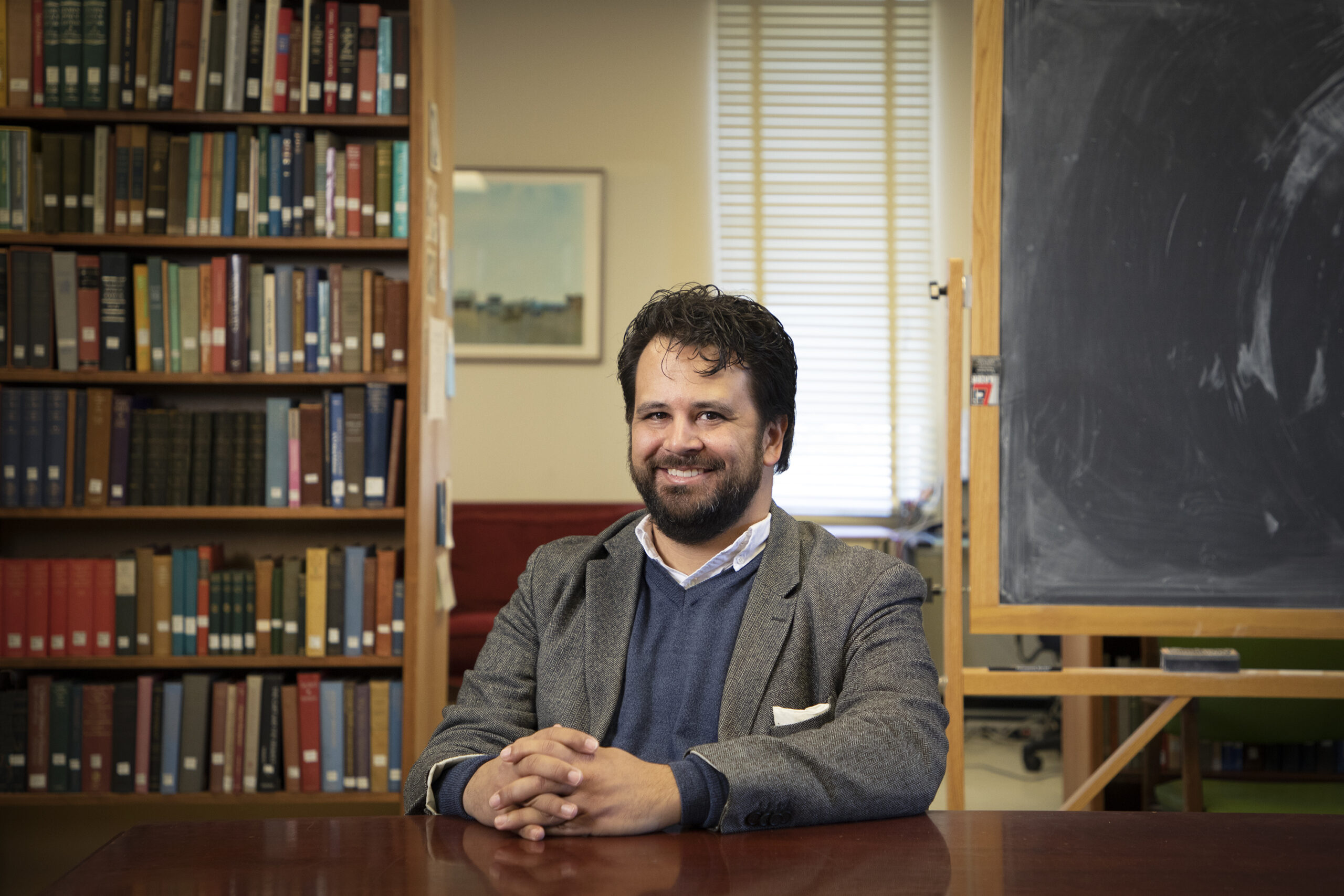Remember your middle school edgelord phase? Imagine that, but in the context of rising political tensions and domestic terrorism in late 1970s Italy, and you’ve got the recipe for a fascinating novel. Recipes can only go so far, however, and the taste in my mouth after reading “Time on My Hands” leaves a lot to be desired.
You don’t necessarily need an in-depth familiarity with Italy’s 1978 Red Brigades to understand this story; knowing that it was a highly visible and violent group will give you enough background, along with the book’s explanation. Growing up in an era of political turmoil has made its impact on our 11-year-old narrator, whose group of friends becomes enamored with the idea of the Brigades and performs increasingly disturbing acts to mimic them. We only know him as “Nimbus,” one of the names the young trio adopts to distance themselves from their “civilian” lives.
Perhaps the strongest point of this novel is that contrast between the relatively mundane life of an 11-year-old boy and the incredible violence he takes part in—Vasta masterfully slips in descriptions of strong emotion and brutality between regular observations of the plot. For example: you’ll hear about the horizon being artfully painted by the sunset, but by the way, here’s a boy who tried to rip a man’s face off, and isn’t the music on the radio boring today? It’s an excellent way to get across how normalized violence can become when it is as expected as the weather.
During the novel, the narrator remembers a teacher describing him as “mythopoetic:” word-making, said of one who generates many words. It’s accurate for both Nimbus’ and Vasta’s writing. While not impossible to follow, I will warn readers to keep a dictionary open—and I say that as someone who used to read dictionaries for fun. Not even the most expressive nerdy genes will keep you safe from descriptions like “occiput,” instead of, you know, a skull. When the author’s word choice shines, though, it shines: “On television Rome was an animal. Viewed from above, the shape of the houses and streets was a stone backbone, a mineral animal. It contained the dead and generated them, or perhaps attracted them. At any rate, only in Rome did people die.” What an introduction: Fans of “The Book Thief,” rejoice!
Advertisement

Like any minimum-word-count essay due at 11:59 p.m., however, these tangent descriptions can get a little…much. Particularly when it comes to the weird sex stuff. Especially when it comes to the weird sex stuff. Hey, it’s only at the start of the novel, so maybe it’s a gatekeeping measure to ward people off? If so, it’s effective—I nearly swapped books for this review after a full page on the narrator’s love interest getting bitten by a mosquito. Yes, that’s included in the weird sex stuff. Yes, this book does still have something interesting to say about politics and psychology—but you do have to get past the voyeuristic stuff to find it. Freud fans, rejoice?
The back cover, very poignantly, calls this a story about “how people fail again and again to communicate themselves to one another.” At its core, it is, but I worry that the book’s final message gets lost in the proverbial sauce. This worry is strongest with the issue of Vasta’s female characters. Remember the love interest from the mosquito incident? She is the main woman present in the narrative, along with Nimbus’ mother, String.
Right off the bat, the fact that the two leading ladies are merely the protagonist’s crush and mother is less than ideal. The pervading depictions of them as powerless and literally mute, respectively, are even worse. And as the story goes on, my hopes of them having agency in the narrative die as painfully as the Brigade’s victims. Vasta, throughout the book, proves he does not have enough time on his hands to conceive of them as three-dimensional characters. Things happen to them; never out of their own will. “Catcher in the Rye”fans, rejoice.
The front cover’s blurb calling this “the most important book out of Italy” has me convinced the best things out of that nation continue to be pasta and Måneskin. They’re certainly more worthy of your time, should you be left with any on your hands.
Advertisement





